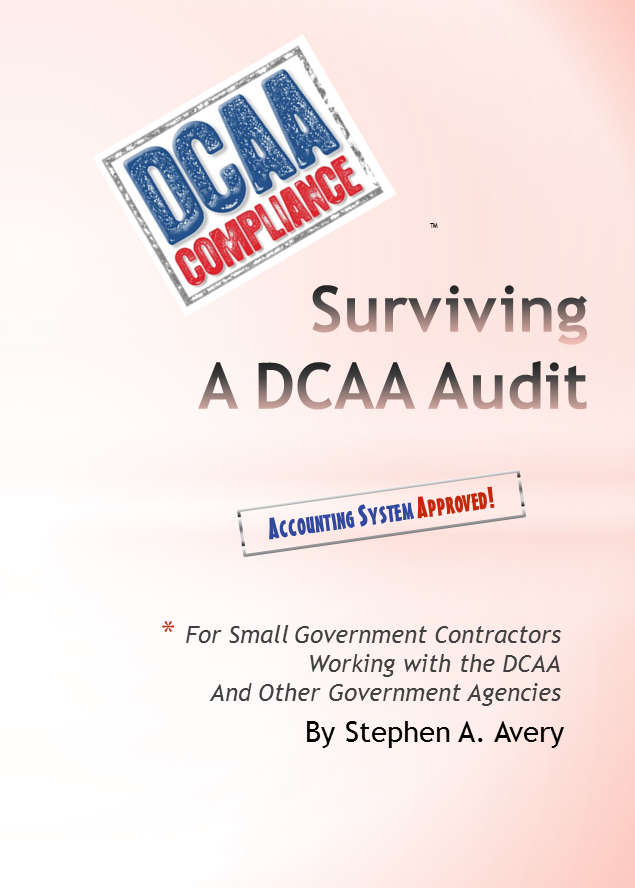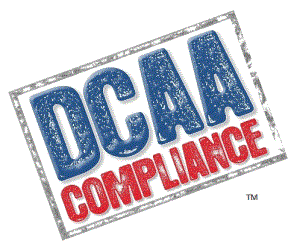A recent CBCA case (CBCA 3407) brings up a couple of critical issues relevant to small government contractors.
To abridge, the government lost a summary judgement motion from a government contractor for termination costs.
One of the government’s arguments focused on the government’s belief that the contractor failed to support the proposed costs. Here is the relevant section:
Score: Contractor 1, Government 0. The appeals board, by its decision, supported the contractor’s position.
LESSON ONE: A contractor is under no obligation to make copies for the government. This literally applies to all contractor documents, not just the previously discussed horrible requests for copies of employee driver’s licenses, birth certificates, or other documents containing private information.
Of course, AS A COURTESY, I would encourage contractors to allow government auditors to make or to make, reasonable copies to support their workpapers. Just remember who has the control.
LESSON TWO: The contractor is also not obligated to provide electronic copies of anything other than such documents associated with electronic billing. DCAA even laments and comments on this reality in their Information for Contractors.
The point, again, is the contractor is obligated to support the audit and the auditor’s reasonable and standard requests. DCAA has a set of procedures they are under standing orders to follow if they feel that a contractor is no supporting the audit, to include a demand letter for the ‘missing documentation’. Five years ago, they sent these letters to my client at the first sign of trouble. Now, it has been about five years since I have seen one. Support the audit, stand up for the rights of your employees and yourself.

